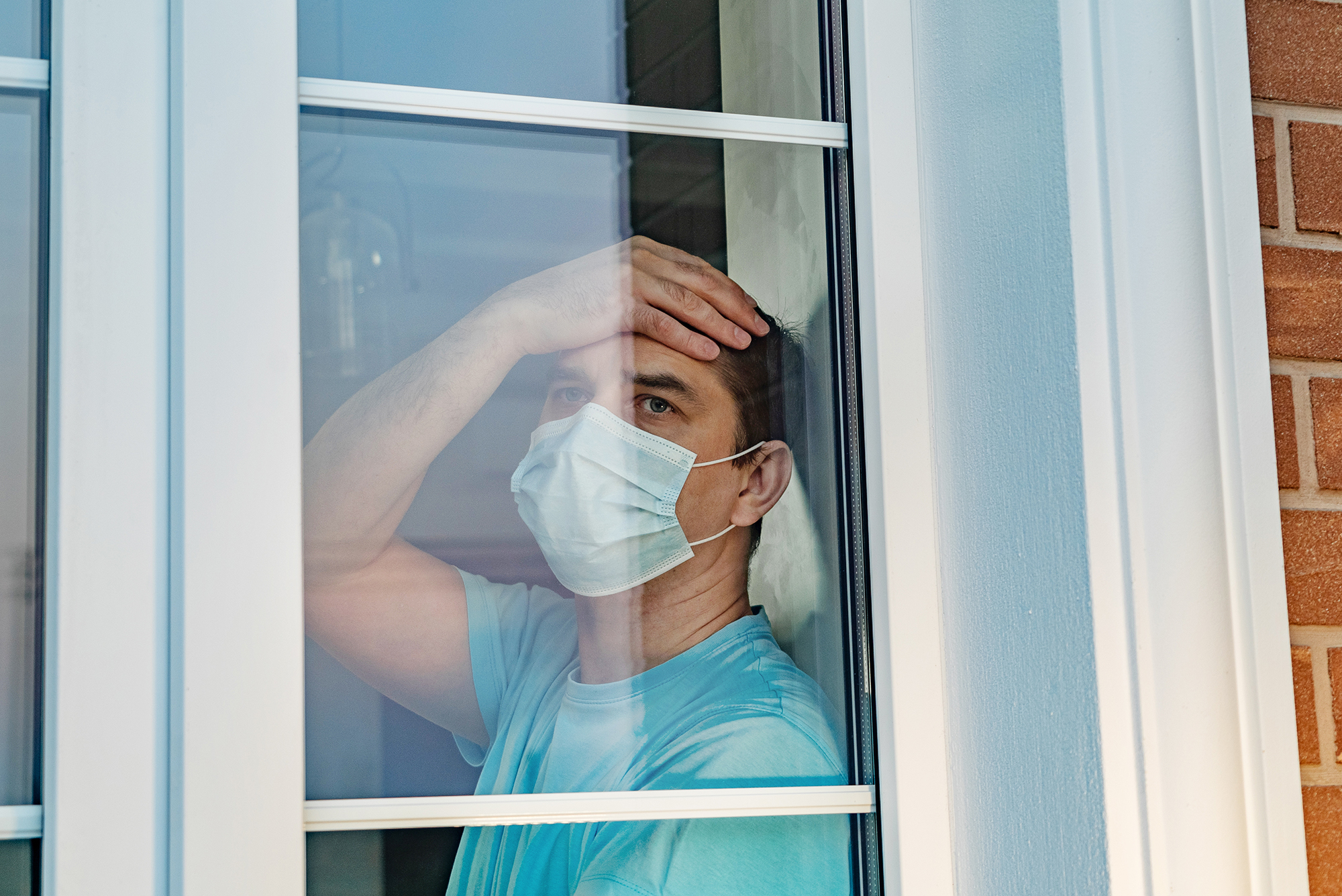Self-isolation payments: who is eligible and how to apply

Low income workers who are required to self-isolate but can't work from home may soon be able to get a one-off payment worth £500. We explain how the self-isolation scheme works, who is eligible and how to apply.
Sections
New fines for those who don’t self-isolate
UK coronavirus infections are soaring and local lockdowns are becoming more common, with new restrictions being introduced seemingly daily by the Government.
For example, new fines for those who breach self-isolation rules will start at £1,000 – and could increase to a whopping £10,000 for repeat offences and ‘egregious' breaches.
This could include employers who threaten self-isolating staff who do not come into the office to work.
Unfortunately, not everyone can work from home, and self-isolation rules can be especially difficult for those on low incomes.
Thankfully, you may be soon able to get a one-off payment of £500 if you fall into this category.
We’ll explain how the self-isolation payments will likely work and who will qualify.
How Government COVID-19 cash payouts compare around the world
How the self-isolation payment works
If you’re on a low income, you may be able to get a one-off payment of £500.
According to the Government, just under four million people who receive benefits in England will be eligible for this payment – provided they’re forced to self-isolate.
Local authorities are setting up this scheme and it is expected they will have it in place by 12 October.
“Those who start to self-isolate from 28 September will receive backdated payments once the scheme is set up in their local authority,” a Government statement explains.

Eligibility for the £500 self-isolation payment
You’ll be eligible for a one-off payment of £500 if you live in England and meet all the criteria below:
- You have been asked to self-isolate by NHS Test and Trace;
- You’re employed or self-employed;
- You cannot work from home and will lose income due to this;
- You claim one of the following: Universal Credit, Working Tax Credits, Income Support, Pension Credit, Housing Benefit or income-related Employment and Support Allowance or income-based Jobseeker’s Allowance.
Cheapest supermarket home deliveries: costs at Asda, Tesco, Sainsbury’s and more compared
How do I apply for the self-isolation payment?
The Government hasn't yet explained about how to apply, but several media reports suggest that you’ll have to contact the local authorities. It's all worth keeping an eye on the official Government COVID page, which will likely explain more about the service once it launches.
You’ll also need:
- A confirmation from Test and Trace confirming you need to self-isolate;
- A bank statement;
- A letter from your employer confirming you can’t work from home;
- Proof of employment.
Comments
Be the first to comment
Do you want to comment on this article? You need to be signed in for this feature